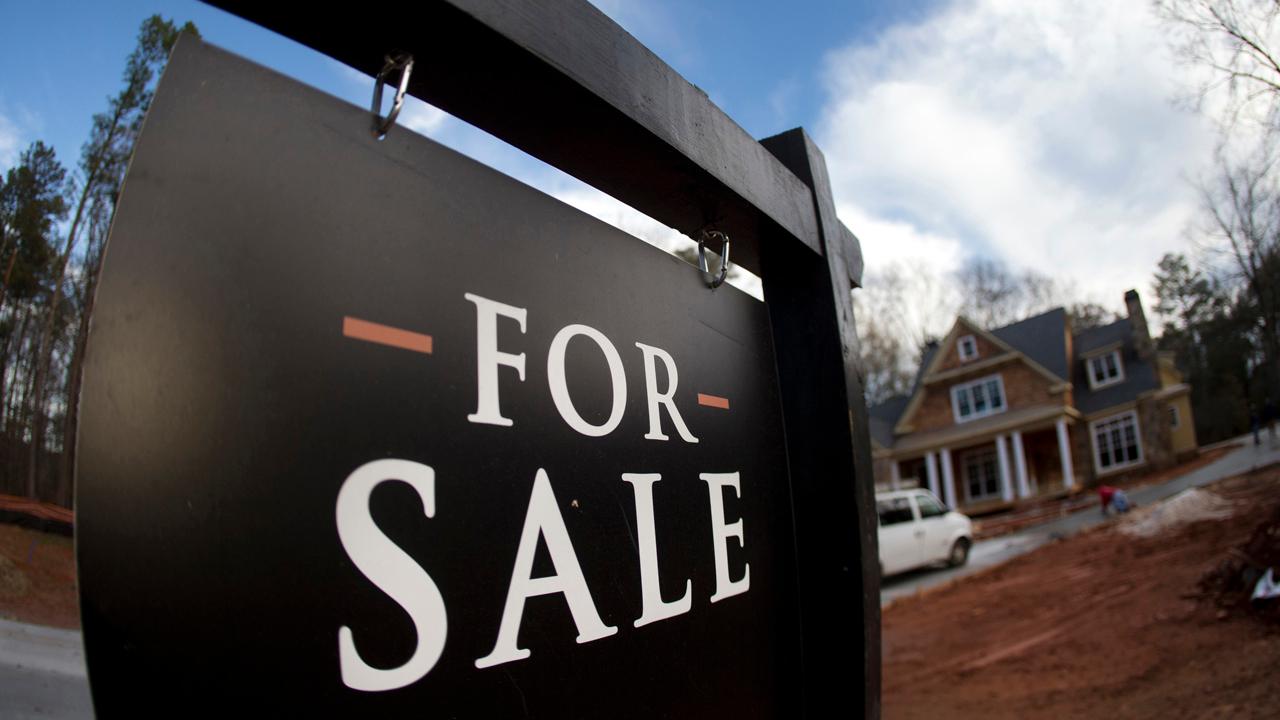It's peak moving season: Should you rent or buy?
It’s peak moving season, and demand for apartment rentals is rising – up 11 percent from a year ago, according to RealPage, a real estate software and analytics company. Affordability is a major factor, with a record 82 percent of renters saying it’s more affordable to rent than to own, according to a new survey from Freddie Mac.
Still, with many sellers listing their homes in the summer months, others are still looking to make the leap into home ownership this season. Here are six factors to consider when deciding to rent or buy.
Renting typically costs less than owning an equivalent home.
Renters do not need to put down large down payments and are not responsible for repair and maintenance costs, which can be unexpected and expensive. One recent report found that in more than half of housing markets nationwide, renting a three-bedroom property is more affordable than buying a median-priced home.
With home prices rising faster than wages in 80 percent of housing markets nationwide, renting may make more financial sense for many families – especially those expecting to move again within a few years.
Renting may be a better way to build wealth, especially in the short term.
Some people buy because they think they are “throwing their money away on rent.” But a 2017 study actually found that renting is better than owning if you want to build wealth – provided you are disciplined enough to invest the money you would otherwise have used on a down payment and lower monthly rental costs.
High-yield certificates of deposit (CDs) are one great way to earn interest while protecting your investment if your time horizon is very short and your goal is principal preservation (slow and steady returns). Equities may be more appropriate for investors with longer time horizons.
Homeownership is an investment, but not always the best investment.
Some people decide to buy with the belief that their home is an investment that will always appreciate in value and make them positive returns when they sell. In addition to being subject to regional and national market conditions that drive housing prices (and they do go up and down), buyers must also consider that when they sell, they generally pay up to 6 percent of the sales price in real estate agent commissions.
Potential homeowners should carefully compare investment in the real estate market that has historically returned 3.2 percent as a rolling 30-year average, against investing in the stock market with the S&P 500 returning 11.69 percent from 1973 to 2016. Markets are volatile, so the shorter the investment window the less one should rely on the long-term averages. The 2007 housing bubble collapse and subsequent financial crisis are examples of the risks inherent in real estate and stock market investments.
If you don’t plan on moving, owning may make more sense.
According to a Bankrate survey, 62 percent of Americans don’t plan on moving out of their house—ever. Not only will you eventually own your home outright when you pay off your mortgage, but you also have the ability to borrow against the value of the home. Having this kind of security can be attractive.
Note: even if you have the money, and are planning to live in the home forever, you should carefully consider whether to pay more than the minimum down payment or more than your monthly mortgage payment because the after-tax “cost” of the mortgage will often be less than the after-tax earnings on other investments.
Owning has tax advantages.
Homeowners receive tax deductions for property taxes, mortgage interest and points. Homeowners also avoid capital gains tax on gains from home sales (up to $250,000 for single taxpayers and $500,000 for a married couple) if they have lived in the home for 2 of the last 5 years (this can be a high hurdle for military members and others who purchase and retain to become landlords after moving).
Buy low, sell high.
While ownership means greater financial risk, it can also mean financial gain, if your timing is good (you sell when prices have risen) and purchase in a different market or transition to a rental. If you sell high and then rebuy in the same high market, your gain may not be as large as you perceive.
Now can be a good time to buy as interest rates have remained low by historical standards. This can make a good investment a great investment in the long run, as you can lock in rates that require lower payments and become more valuable if interest rates rise in the future.
The decision to rent or buy has both an emotional component and a financial component. Home ownership is often considered a key to the American dream.
CLICK HERE TO GET THE FOX BUSINESS APP
The real key is understanding the financial costs and benefits of home ownership so that you can make the decision that is right for you and your family—emotionally and financially.
Jamie Gayton is Executive Vice President of Member Operations at PenFed Credit Union and the co-author of Guide to Personal Financial Planning for the Armed Forces.




















